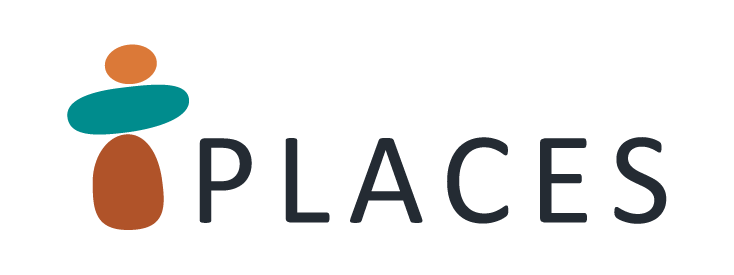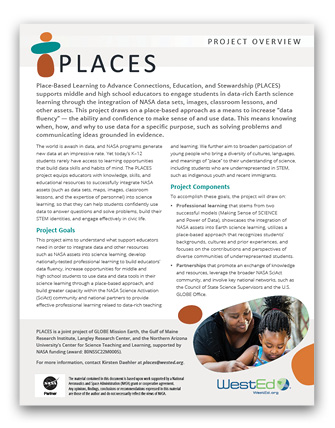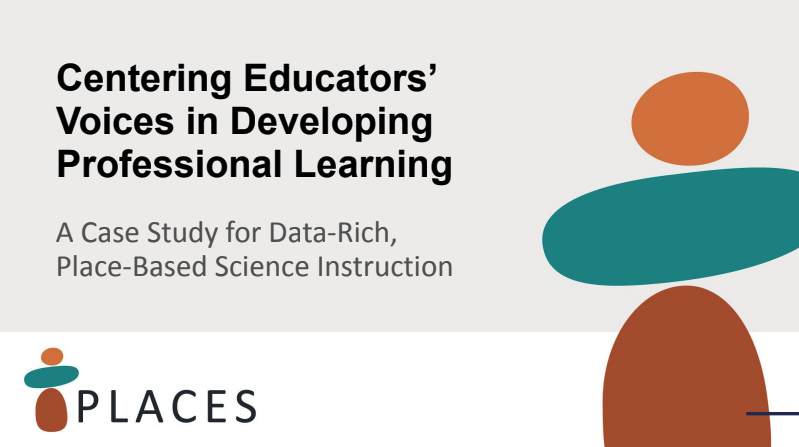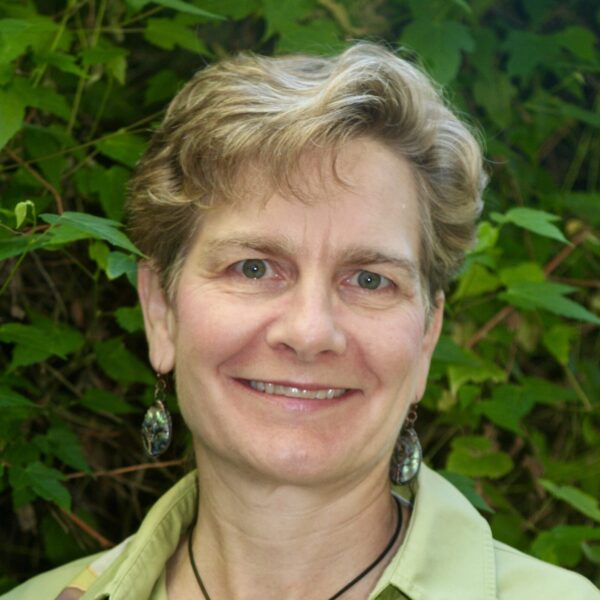The world is awash in data, and NASA programs generate new data at an impressive rate. Yet today’s K–12 students rarely have access to data-rich learning opportunities that build the skills and habits of mind they need in science and beyond
The PLACES project draws on a place-based approach as a means to increase “data fluency” — the ability and confidence to make sense of and use data. This means knowing when, how, and why to use data for a specific purpose, such as solving problems and communicating ideas grounded in evidence.

The project aims to equips educators with knowledge, skills, and educational resources needed to successfully integrate NASA assets (such as data sets, maps, images, classroom lessons, and the expertise of personnel) into science learning, so that they can help students confidently use data to answer questions and solve problems, build their STEM identities, and engage effectively in civic life.
This project aims to understand what support educators need in order to integrate data and other resources such as NASA assets into science learning, develop nationally-tested professional learning to build educators’ data fluency, increase opportunities for middle and high school students to use data and data tools in their science learning through a place-based approach, and build greater capacity within the NASA Science Activation (SciAct) community and national partners to provide effective professional learning related to data-rich teaching and learning.
NASA provides an extensive library of assets for educational use, but teachers need better support in order to integrate this data into science learning.
Kirsten Daehler
Principal Investigator for PLACES, and
Director of WestEd’s Making Sense of SCIENCE project
We further aim to broaden participation of young people who bring a diversity of cultures, languages, and meanings of “place” to their understanding of science, including students who are underrepresented in STEM, such as indigenous youth and recent immigrants.
To accomplish these goals, the project will focus on:
- Professional learning that stems from two successful models (Making Sense of SCIENCE and Power of Data), showcases the integration of NASA assets into Earth science learning, utilizes a place-based approach that recognizes students’ backgrounds, cultures and prior experiences, and focuses on the contributions and perspectives of diverse communities of underrepresented students.
- Partnerships that promote an exchange of knowledge and resources, leverage the broader NASA SciAct community, and involve key national networks, such as the Council of State Science Supervisors and the U.S. GLOBE Office.
Download the sharable PDF overview of the PLACES project.


